News
-
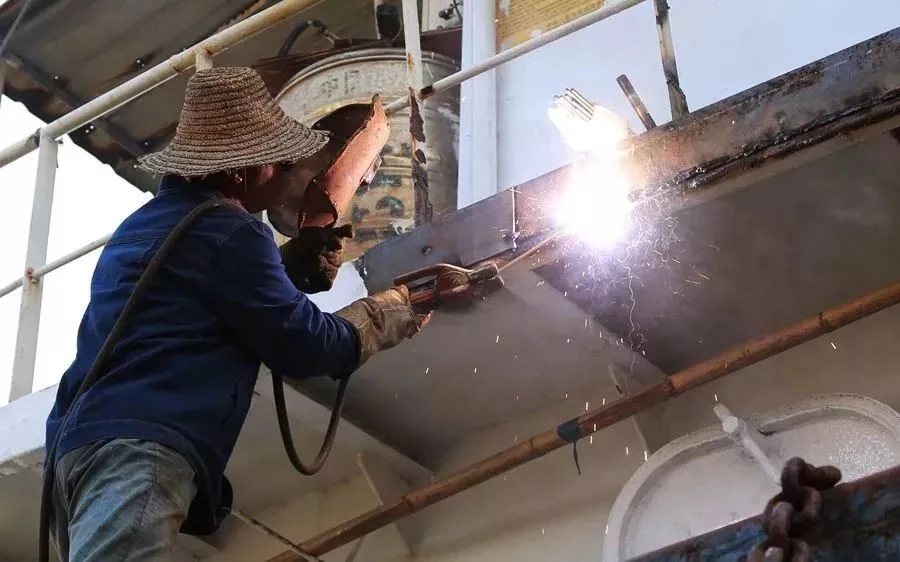 On Christmas Eve of a certain year, a commercial building in the old city had a major fire.Read more
On Christmas Eve of a certain year, a commercial building in the old city had a major fire.Read more -
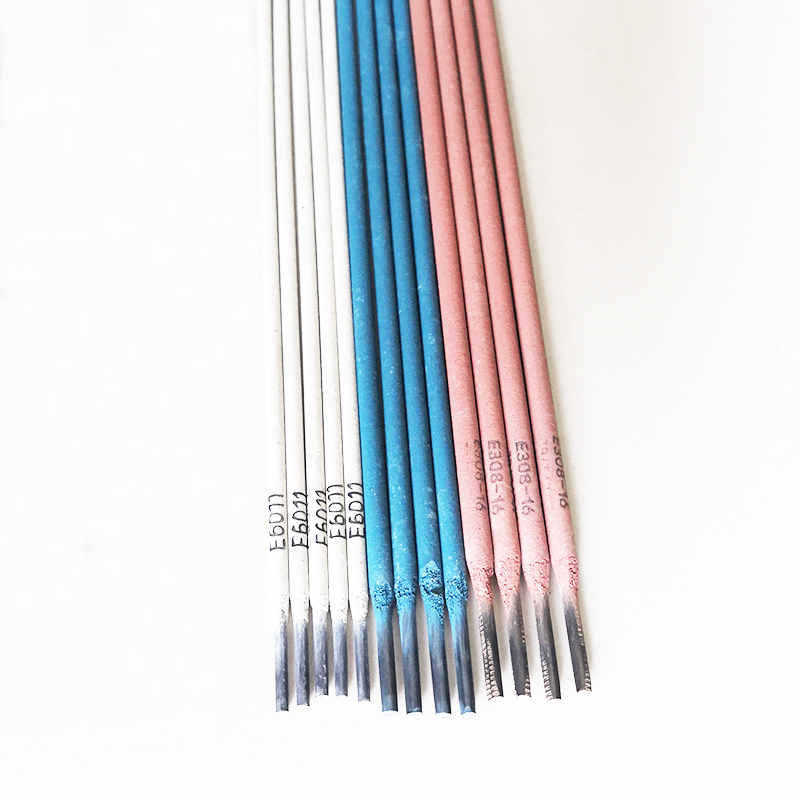 Welding rods can be divided into many types according to different classification standards, and each type has its specific ideal use.Read more
Welding rods can be divided into many types according to different classification standards, and each type has its specific ideal use.Read more -
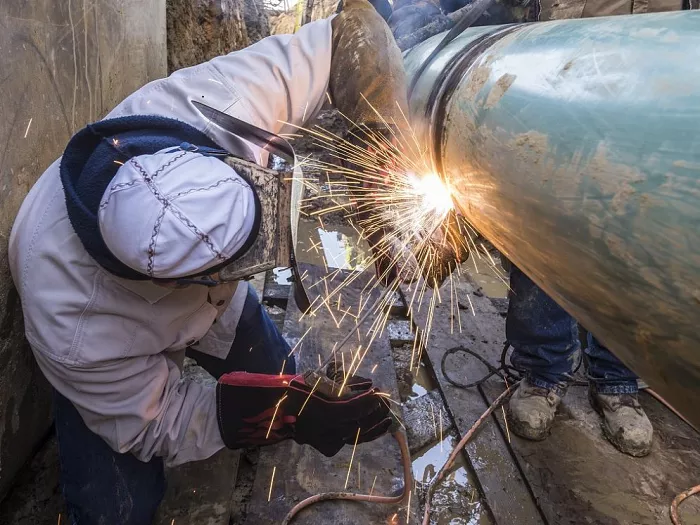 The harrowing incident at the shipyard, centered around the welding activities of an employee named Gu, underlines the devastating consequences of neglecting fire safety protocols.Read more
The harrowing incident at the shipyard, centered around the welding activities of an employee named Gu, underlines the devastating consequences of neglecting fire safety protocols.Read more -
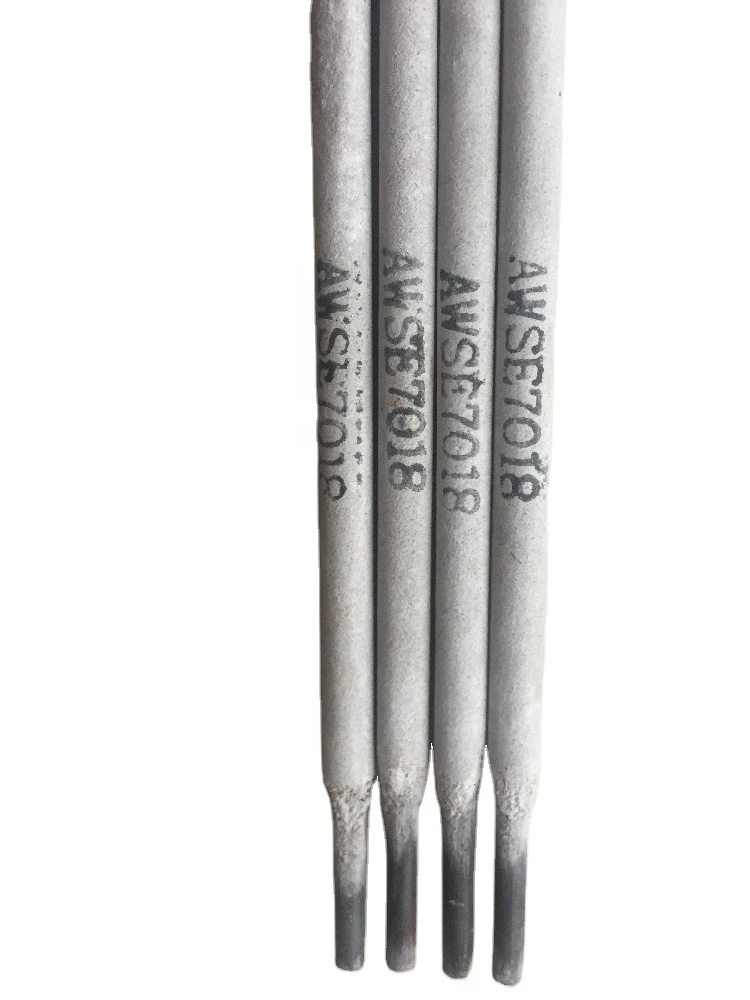 Among the numerous things you will need to learn when you begin stick welding is distinguishing one stick electrode from another.Read more
Among the numerous things you will need to learn when you begin stick welding is distinguishing one stick electrode from another.Read more -
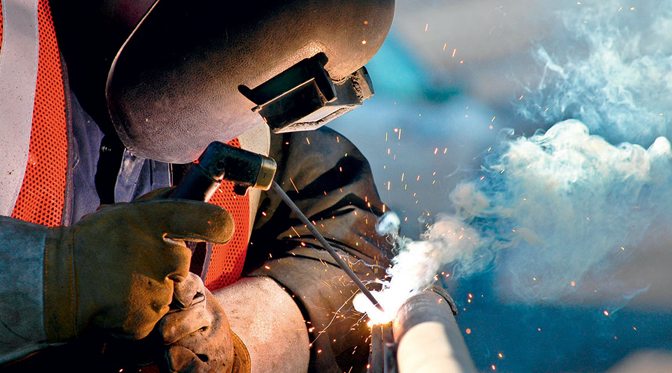 The tragic incident at the pesticide factory, wherein a mechanic welder used oxygen for displacement during welding operations in a confined container, underscores a crucial lapse in industrial safety protocols.Read more
The tragic incident at the pesticide factory, wherein a mechanic welder used oxygen for displacement during welding operations in a confined container, underscores a crucial lapse in industrial safety protocols.Read more -
 Consumable and non-consumable electrodes are two common types of electrodes used in arc welding that differ in their design and use.Read more
Consumable and non-consumable electrodes are two common types of electrodes used in arc welding that differ in their design and use.Read more -
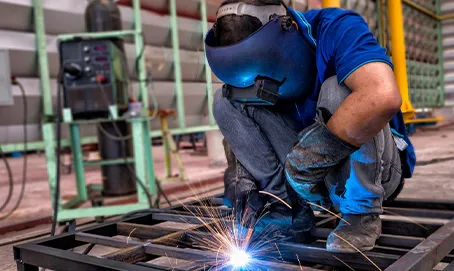 In a bustling factory known for its precision and efficient production lines, tragedy struck when a routine maintenance task spiraled into a fatal electric shock accident.Read more
In a bustling factory known for its precision and efficient production lines, tragedy struck when a routine maintenance task spiraled into a fatal electric shock accident.Read more -
 The coating thickness of the welding rod has an important influence on the welding process and the performance of the welded joint.Read more
The coating thickness of the welding rod has an important influence on the welding process and the performance of the welded joint.Read more -
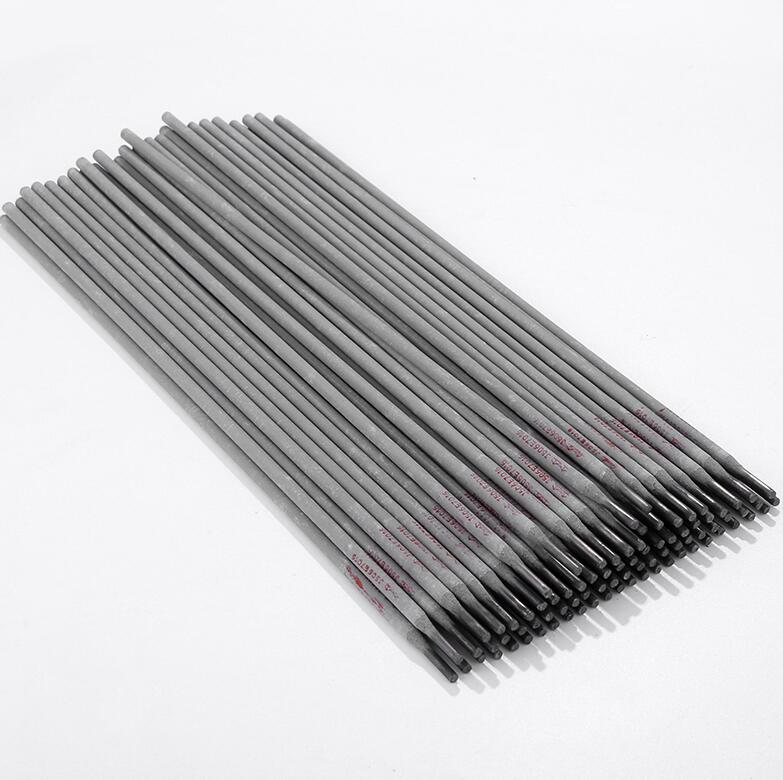 The tragic incident involving a young female welder in a shipyard underscores the critical importance of safety precautions in high-risk work environments, particularly when using welding equipment under hazardous conditions.Read more
The tragic incident involving a young female welder in a shipyard underscores the critical importance of safety precautions in high-risk work environments, particularly when using welding equipment under hazardous conditions.Read more -
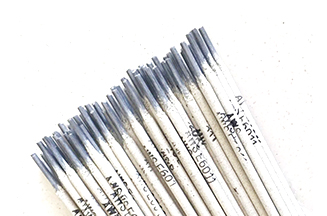 The following are some considerations to keep in mind when choosing the right welding rods or electrodes.Read more
The following are some considerations to keep in mind when choosing the right welding rods or electrodes.Read more -
 In an unfortunate incident at an outdoor construction site, a welder’s lack of knowledge in electrical safety resulted in a fatal accident, shedding light on the crucial necessity of strict adherence to safety protocols.Read more
In an unfortunate incident at an outdoor construction site, a welder’s lack of knowledge in electrical safety resulted in a fatal accident, shedding light on the crucial necessity of strict adherence to safety protocols.Read more -
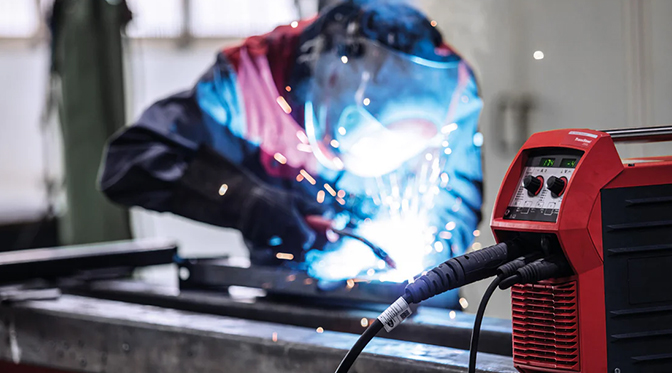 Electrode diameter and wire extension When other conditions remain unchanged, reducing the electrode (wire) diameter not only reduces the arc cross-section, but also reduces the arc swing range, so the weld thickness and weld width will be reduced.Read more
Electrode diameter and wire extension When other conditions remain unchanged, reducing the electrode (wire) diameter not only reduces the arc cross-section, but also reduces the arc swing range, so the weld thickness and weld width will be reduced.Read more


